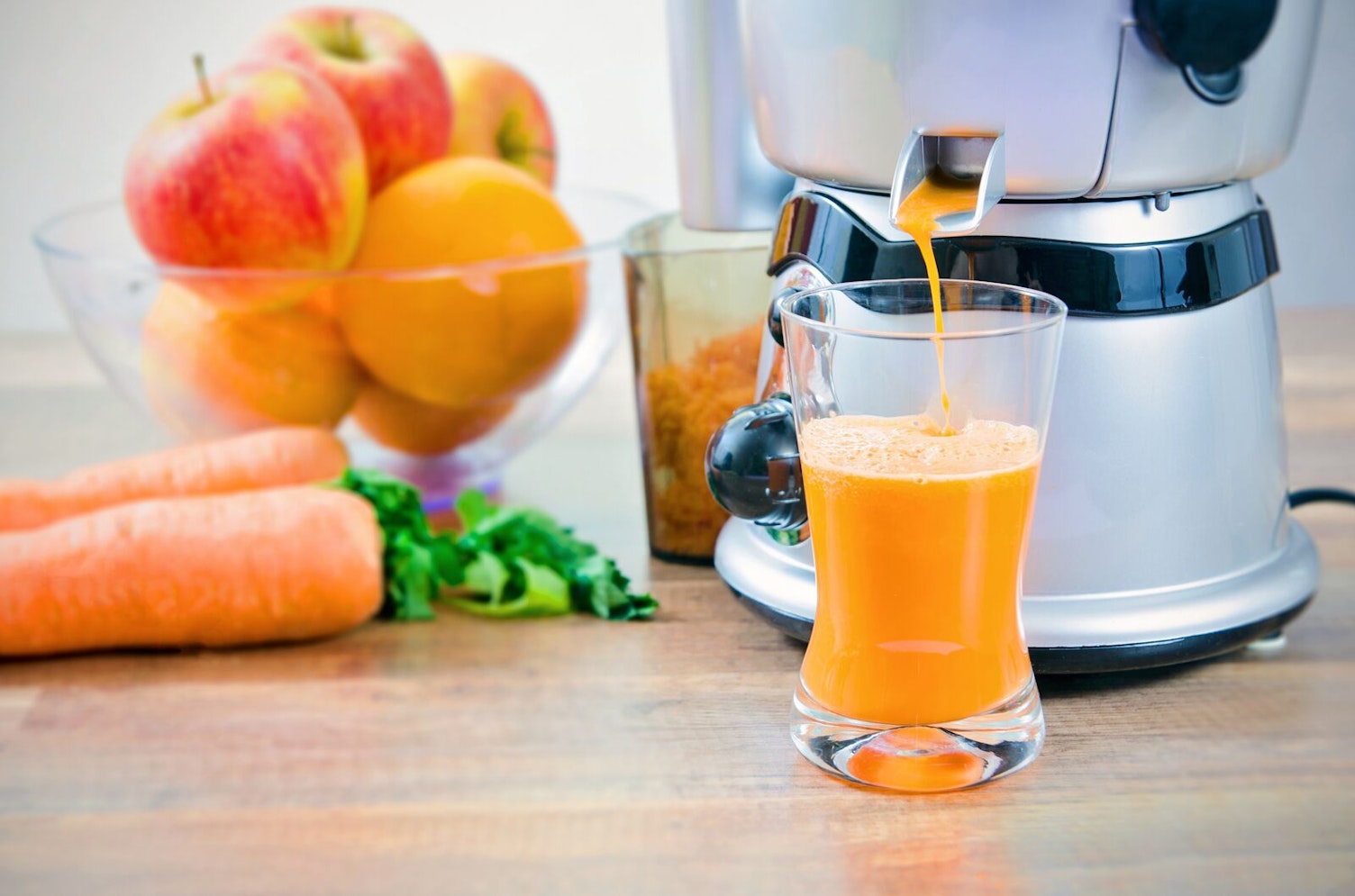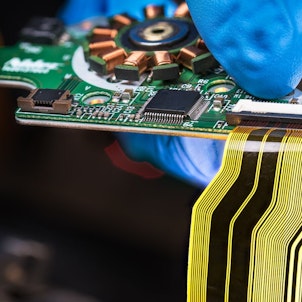Ensure food matrices and food contact materials conform to the latest global PFAS regulatory requirements.
PFAS (per- and polyfluoroalkyl substances), including PFOS (perfluorooctane sulfonate), are a diverse group of compounds known to cause several human health problems, including developmental issues, cancer, liver damage, immune system disruption, vaccine resistance, thyroid disease and impaired fertility.
Often characterized as ‘forever chemicals’ due to their persistence in the environment, these synthetic substances have been widely used in a variety of products – from nonstick pans and waterproof clothing to electric car batteries. Through migration and bioaccumulation in the environment, these compounds are now entering the food supply chain, causing concerns about their impact on human health.
Ensure food products conform to PFAS regulations
We offer a comprehensive range of PFAS testing services for food, packaging and other materials to ensure compliance with the latest global regulatory requirements.
Our methods meet necessary sensitivity prerequisites and are validated to detect a wide variety of PFAS, including all PFAS/PFOS residues of regulatory interest. We also continuously evaluate our monitoring scope to ensure continued regulatory compliance.
PFAS testing in food complements our capabilities in testing for PFAS in the environment, water and food packaging, allowing us to offer complete solutions. In addition, all PFAS testing services can be tailored to meet the requirements of your product, customer and market.

PFAS study of fruit juices and nectars
The EU has set limits for four PFAS compounds – PFOS, PFOA, PFNA and PFHxS – in eggs, meat, and fish, with guideline values for fruit, vegetables, wild mushrooms, milk and infant formula. While no specific guidelines exist for fruit juices, manufacturers should refer to the values for fruits and vegetables.
Using a methodology developed by the SGS Institut Fresenius, we analyzed eight fruit juices, nectars and smoothies for the four PFAS compounds, using low limits of determination of between 0.2 and 1 ng/kg. Only one sample – a green smoothie with vegetables – showed detectable PFAS levels. All other samples were below guideline thresholds. This contrasts with a previous industry study, where 29% of ready-to-eat products exceeded EU guidelines for at least one PFAS compound.
Why choose PFAS testing in food services from SGS?
We are recognized as the benchmark for quality and integrity in the food supply industry. Wherever you operate in the world, our experts can support you with a range of testing solutions that enhance your ability to trade in global markets while mitigating risk in supply chains and ensuring food product safety.
Food Contact Materials
Food Contact Materials (FCM) services from SGS ensure compliance with requirements for sale and distribution in global markets.
Whatsapp for service requests only
Av. Elmer Faucett,
3348,
Callao, Peru



